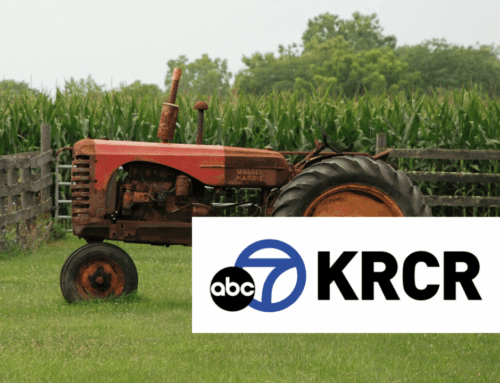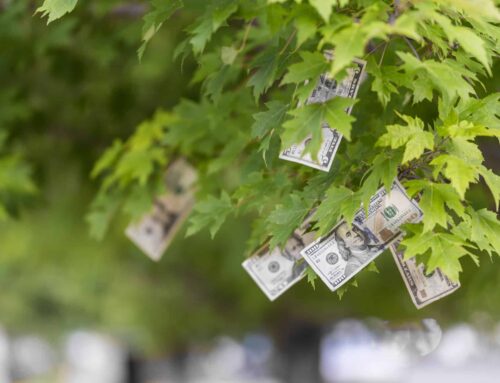How do you prepare a pig for winter? He's going to need a sweater, so maybe your best bet is to throw a couple billion dollars to cotton farmers, and a couple billion more to cotton mills and exporters. It's taxpayer funded, and maybe it's headed straight for farmers in your district anyways! The pig in question is the cotton subsidy program itself, and it is one of our most sacred pigs – a real third rail of political debate. Unfortunately, the American taxpayer is stuck paying for the pig's new clothes, and cotton subsidies have cost the federal treasury nearly $10.7 billion since 1995.
Fortunately, these subsidies are finally starting to feel the heat. But it isn't Congressional budget hawks that are calling for termination of the program. Instead, pressure to end the program has come from the World Trade Organization (WTO), which is releasing a ruling today on complaints levied by Brazilian cotton farmers, who can't compete with rock bottom U.S. prices – prices that are heavily supported by the federal government. Everyone involved suspects that the rulings will go against U.S. interests and require that the subsidies be overturned in the next six months or so.
It may soon become necessary to reduce or remove the subsidies in order to gain the approval of the WTO. But, if taxpayers are forced to wait for Congress to do something about the subsidies, help might never come. Any time that agricultural subsidies are threatened, a minuteman brigade of lobbyists and congressional champions stands ready to jump out of the bushes and waylay their aggressor.
The most obvious barrier to change is the parochial concerns that will keep representatives from voting against their district. However, the corporate farmers' hired guns can also be expected to roll out a series of arguments about how the small farmer will ultimately be the victim of cutting subsidies. The truth is, less and less of these subsidies go to small farmers, and large corporations garner the lion's share. The number of millionaires receiving farm subsidies rose 28% between 2000 and 2001, while Ken Lay saw his percentage of total farm subsidies rise by 400%. Increasingly, corporate farmers garner the benefits of taxpayer-funded subsidies intended for the independent farmer.
It is possible for the U.S. to support family farmers without angering cotton farmers around the world. International law requires that subsidies be 'decoupled,' meaning that the amount of the subsidy received by each farmer should not be tied to the amount of cotton farmed. The Department of Agriculture could give out rewards based on each farmer's financial means, a system that would stop the taxpayer subsidization of wealthy corporations, maintain aid for small farmers, and meet the WTO's standards for decoupling.










